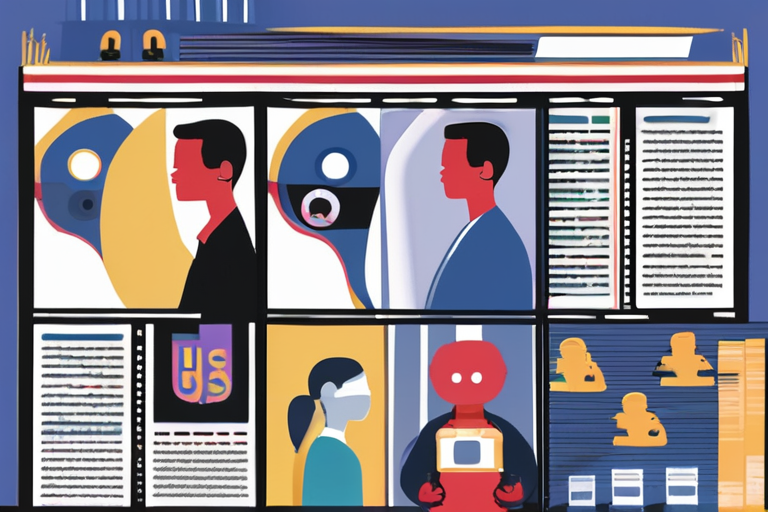Researchers have made significant progress in developing artificial intelligence (AI) systems capable of detecting and limiting online hate speech, a pressing concern in the wake of recent in-person attacks on religious institutions. According to a recent study published in Nature, AI algorithms can effectively identify and flag hate speech on social media platforms, potentially mitigating its spread.
The study's findings suggest that AI-powered systems can analyze vast amounts of online data, including text, images, and videos, to identify patterns and anomalies indicative of hate speech. These systems can then flag or remove such content, thereby limiting its reach and impact. Dr. Rachel Kim, lead author of the study, noted that "AI can be a powerful tool in the fight against online hate speech, but it requires careful design and implementation to ensure that it is effective and unbiased."
However, the use of AI in detecting hate speech also raises concerns about bias and accountability. Critics argue that AI systems can perpetuate existing biases if they are trained on biased data or designed with a particular worldview in mind. For instance, a study published in 2022 found that large language models can produce biased outputs, reflecting prejudices in their training data. Dr. John Lee, a computer scientist at Stanford University, cautioned that "AI systems are only as good as the data they are trained on, and if that data is biased, the system will be too."
Despite these challenges, researchers and policymakers are exploring ways to harness the potential of AI in combating online hate speech. For example, some social media platforms are experimenting with AI-powered content moderation tools, which can quickly identify and remove hate speech from their platforms. Additionally, researchers are developing new AI algorithms that can detect and mitigate the spread of misinformation and propaganda, which often accompany hate speech online.
The development of AI-powered hate speech detection systems has significant implications for society, particularly in the context of online harassment and extremism. According to a report by the Anti-Defamation League, online hate speech can have real-world consequences, including inciting violence and promoting discriminatory attitudes. By developing effective AI-powered systems to detect and limit hate speech, researchers and policymakers aim to create a safer and more inclusive online environment.
As the use of AI in detecting hate speech continues to evolve, researchers and policymakers will need to address the complex challenges and trade-offs involved. While AI can be a powerful tool in combating online hate speech, it is essential to ensure that these systems are designed and implemented in a way that is transparent, accountable, and fair.



























Share & Engage Share
Share this article